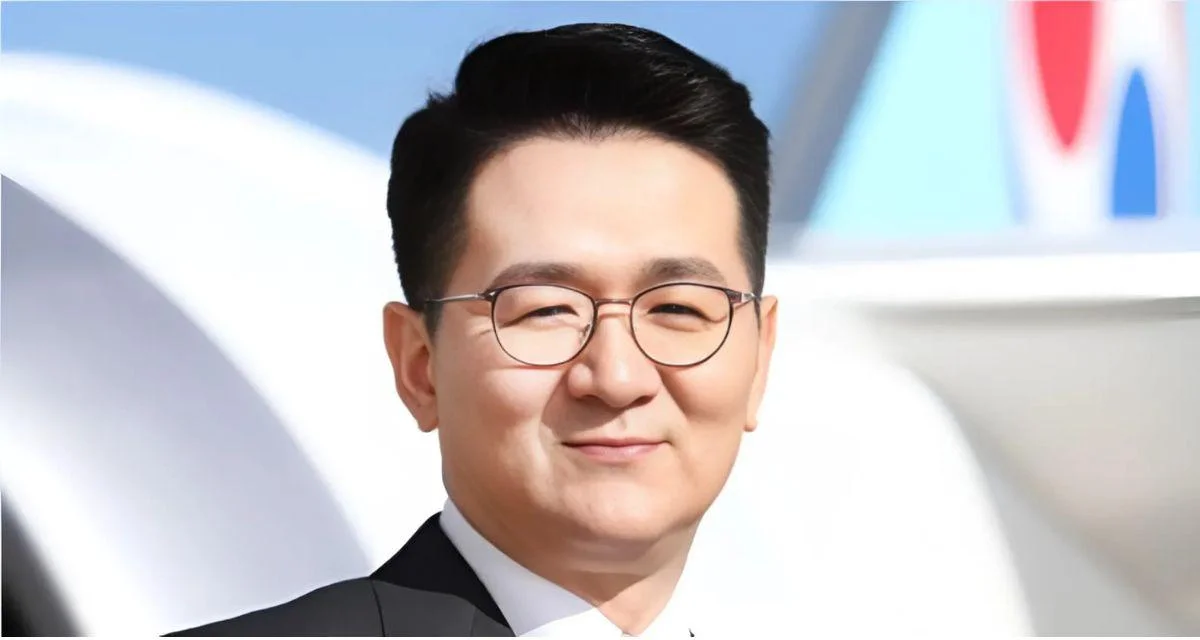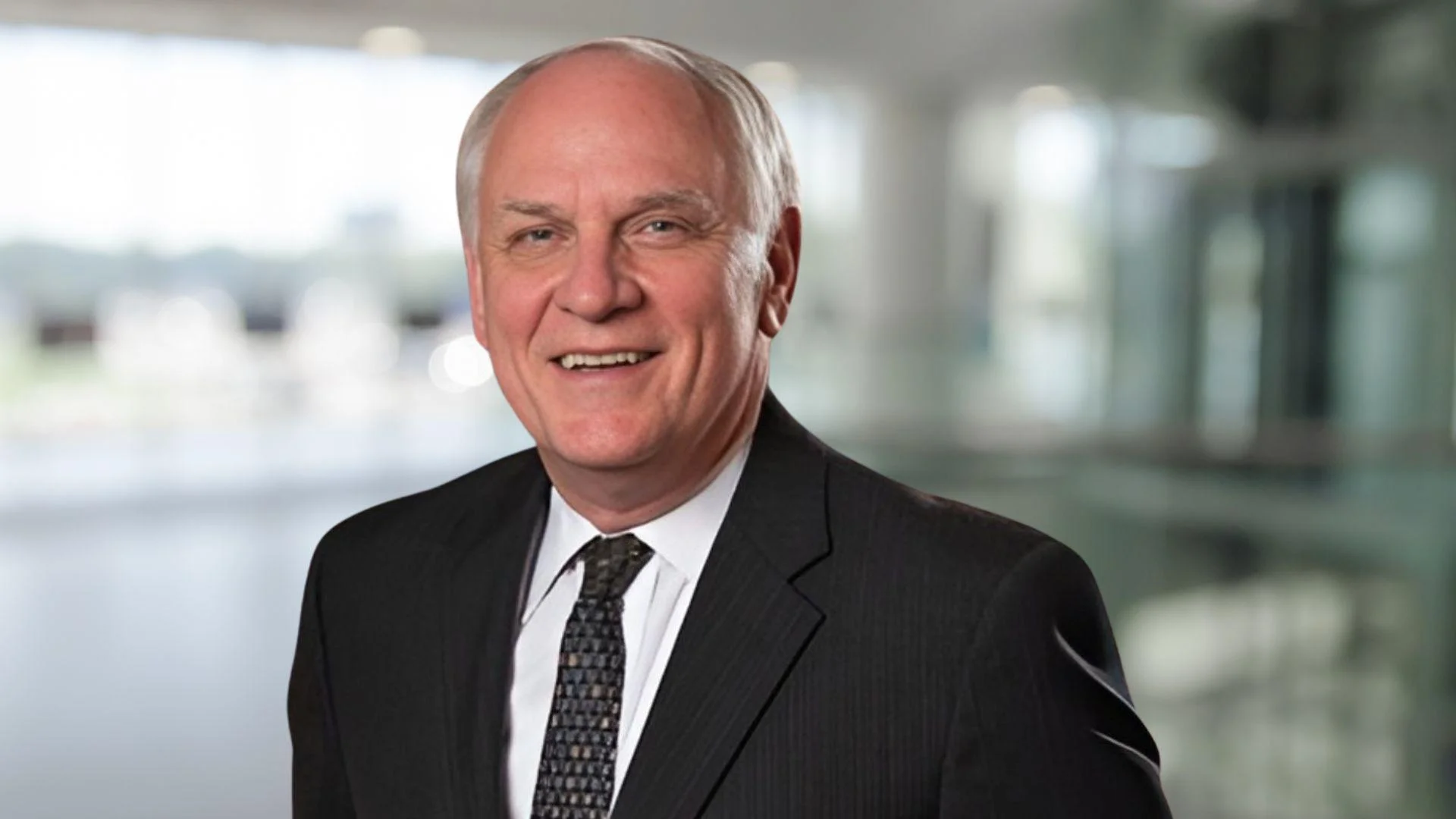Walter Cho, Chair and CEO of Korean Air, said: "This agreement with our long-standing partners, Boeing and GE, marks a pivotal moment for Korean Air. Acquiring these next-generation aircraft is the core of our fleet modernization strategy, delivering significant gains in fuel efficiency and enhancing the passenger experience across our global network. This investment is also a critical enabler for our future as a merged airline with Asiana, to ensure that our combined carrier is one of the most competitive airlines in the industry."
With these deals finalized during a business roundtable meeting called 'Partnership for a Manufacturing Renaissance,' attended by Howard Lutnick (US Secretary of Commerce) and Kim Jung-kwan (South Korea's Minister of Trade, Industry and Energy), Korean Air’s order book now stands at 175 airplanes. Before this recent deal, it had already placed orders for 72 planes.
Boeing estimates that fulfilling this order will help maintain about 135,000 jobs across the United States. Korean Air’s Aerospace Division also contributes parts to several Boeing assembly lines as part of its longstanding industrial partnership with Boeing—a relationship that dates back decades.
Korean Air currently operates a fleet of 108 Boeing aircraft across multiple variants. The incoming Asiana jets are mainly Airbus models but include some additional Boeings as well. Many older widebody planes in Korean Air’s current fleet will be replaced by newer models from this latest purchase; according to Planespotters.net data referenced in the announcement, modernizing the fleet is expected to reduce operating costs through lower fuel consumption and maintenance needs.
Passengers can expect improved comfort on board due to cabin upgrades featured on next-generation Boeing models like the Dreamliner and 777X—including larger windows, spacious cabins with customizable LED lighting, enhanced overhead bins, and improved seating arrangements.
Korean Air was founded in 1969 and operates out of Incheon International Airport as its main hub. It remains part of the SkyTeam alliance under CEO Walter Cho.
 Alerts Sign-up
Alerts Sign-up




































